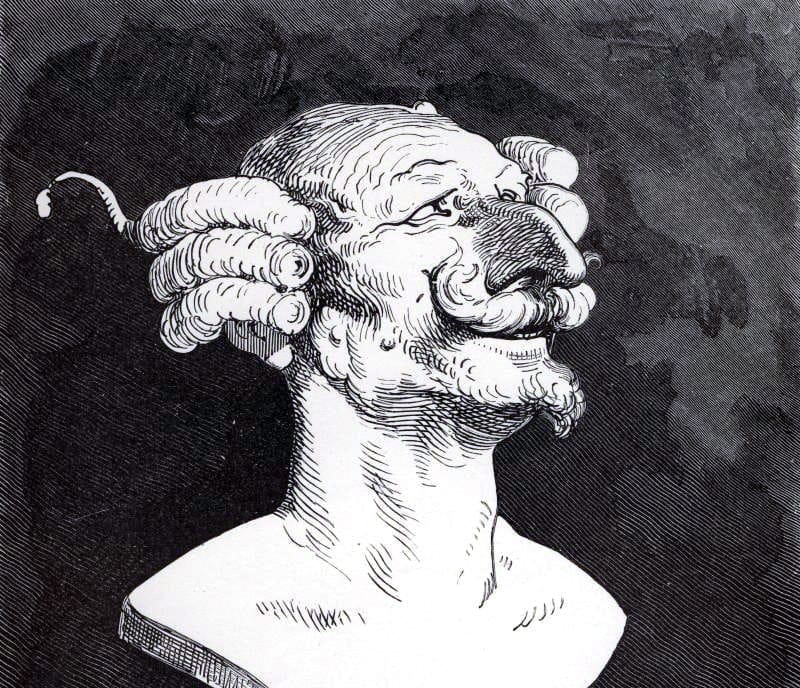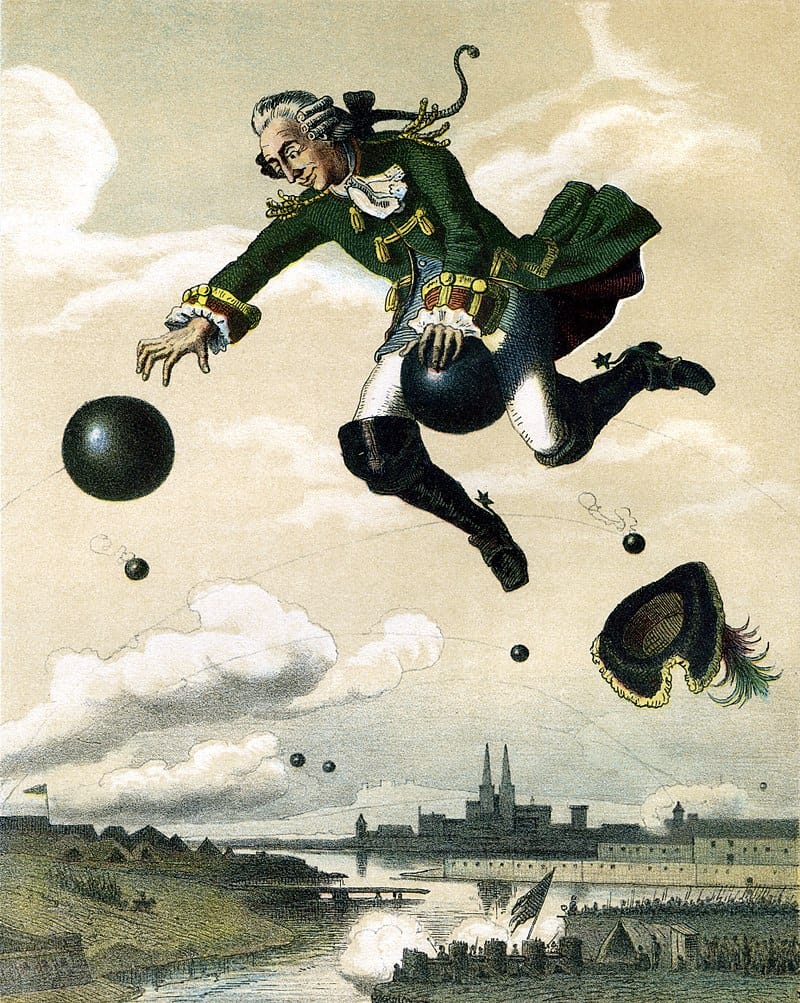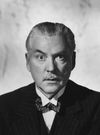Baron Münchausen: patron saint of Conspiracy Theorists

Among my right-wing in-laws and social circle, conspiracy theories have always flourished and they are, if anything, intensifying in the Trump era. They push back on the science of global heating and their own carbon emissions, they think the Democrats allowed for "open borders," they see crime and anti-Semitism everywhere, they don't care how many Palestinians or Ukrainians die, and they are even ambivalent about vaccines. Does this tell us anything about how well these people are aging or about the world today?
I think it does. I have recently come to the following conclusions: (1) young people are mostly right about things and older people are mostly wrong; (2) conspiracy theorists tend to think tribally and don't do empathy well; and (3) the in-laws and social circle all seem very anxious - about everything - and this translates into magical thinking. Perhaps this helps them escape their prisons of closed-mindedness? Their patron saint is Baron Münchausen.

The in-laws now only mix with people who have similar views. Politically, they look to Fox News and authoritarian figures like Trump to help them feel better and this is ironic, of course, because chaos agents like Trump just make things worse. When the in-laws stray outside their bubble they can get very aggressive and want to talk about their grievances ad nauseam. They are, in a word, pessimists: they are angry and depressed and intolerant and only able to look backwards. Family events that once were difficult are now disappearing.
The historical Baron Münchausen enjoyed a reputation in the late 18th century in Bodenwerder, Germany for making up extravagant stories about his military past. His listeners knew he was making it up, but historians are divided on whether he did it just for the fun of it or whether he actively was satirizing it in others, just as Cervantes did with Don Quixote? When Rudolf Erich Raspe wrote up Münchausen's exploits (mostly creations of his own), he considered the Baron either a liar or delusional. The book Baron Munchausen's Narrative of his Marvellous Travels and Campaigns in Russia was first published in 1785 - and naturally the real Münchausen objected - which is why it was published anonymously. The book got away on both of them though, with later editions being embellished by other people.

This is how I think conspiracy theories function. Anonymous writing and inadequate sourcing, a large dose of mendacity and outright lying, inadequate critical thinking and lots of grievances, and our insatiable appetite for wild stories and tall tales.
The problem is why so many people today believe the crazy theories instead of treating them as fiction. It isn't only the cultural milieu we move in, although red states do seem to have more than their fair share of believers (YouGov polls); it also seems to be partly the way we are all wired. When I was young I remember being shocked that magazine articles that I took to be satire were being interpreted literally by people around me. Some people seem to be willing to believe almost anything. Why is that? It was what led Dr. Richard Asher, an English physician, in 1951, to label his hypochondriac patients as suffering from Münchausen’s Syndrome.
And there you have it: believers in conspiracy theories are all Baron Münchausens in their own heads.
